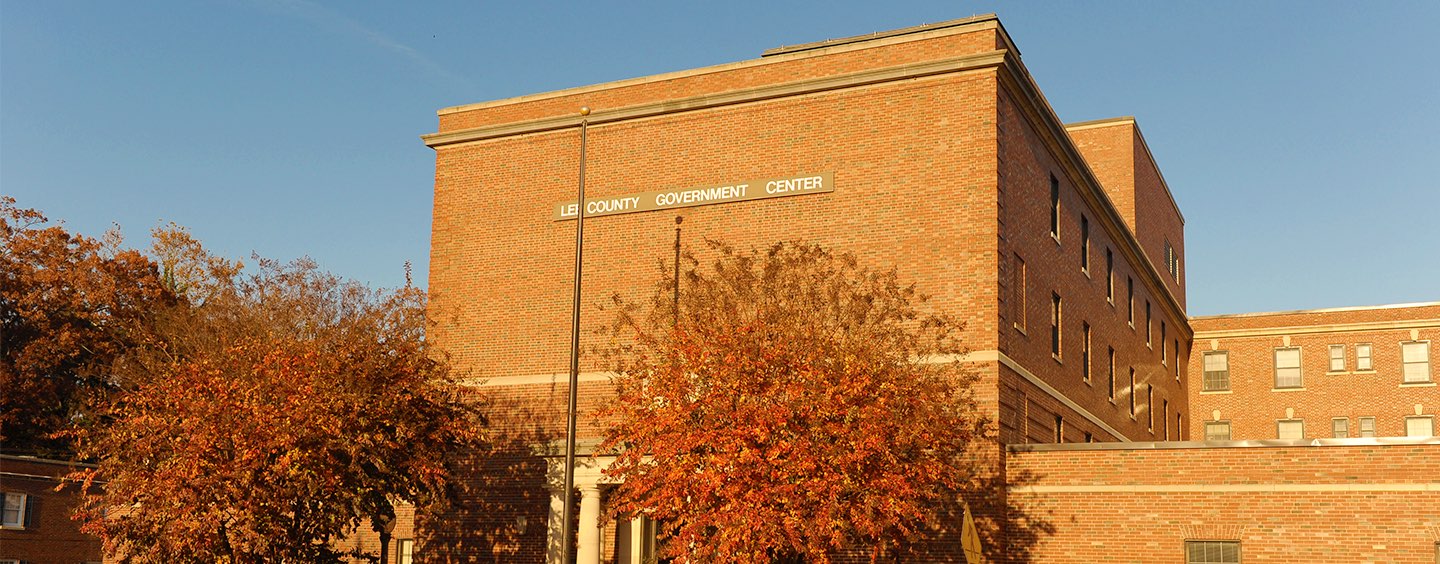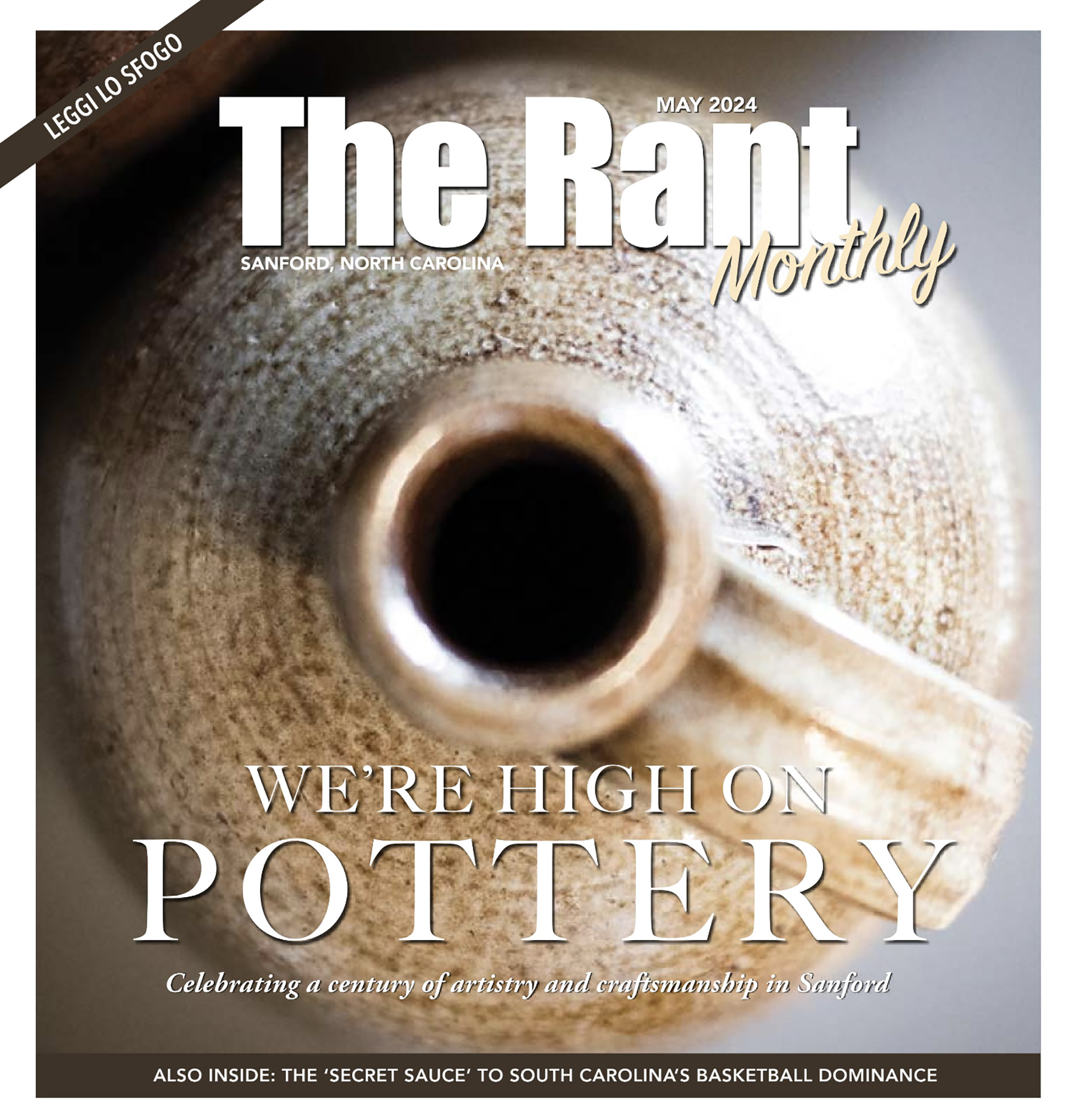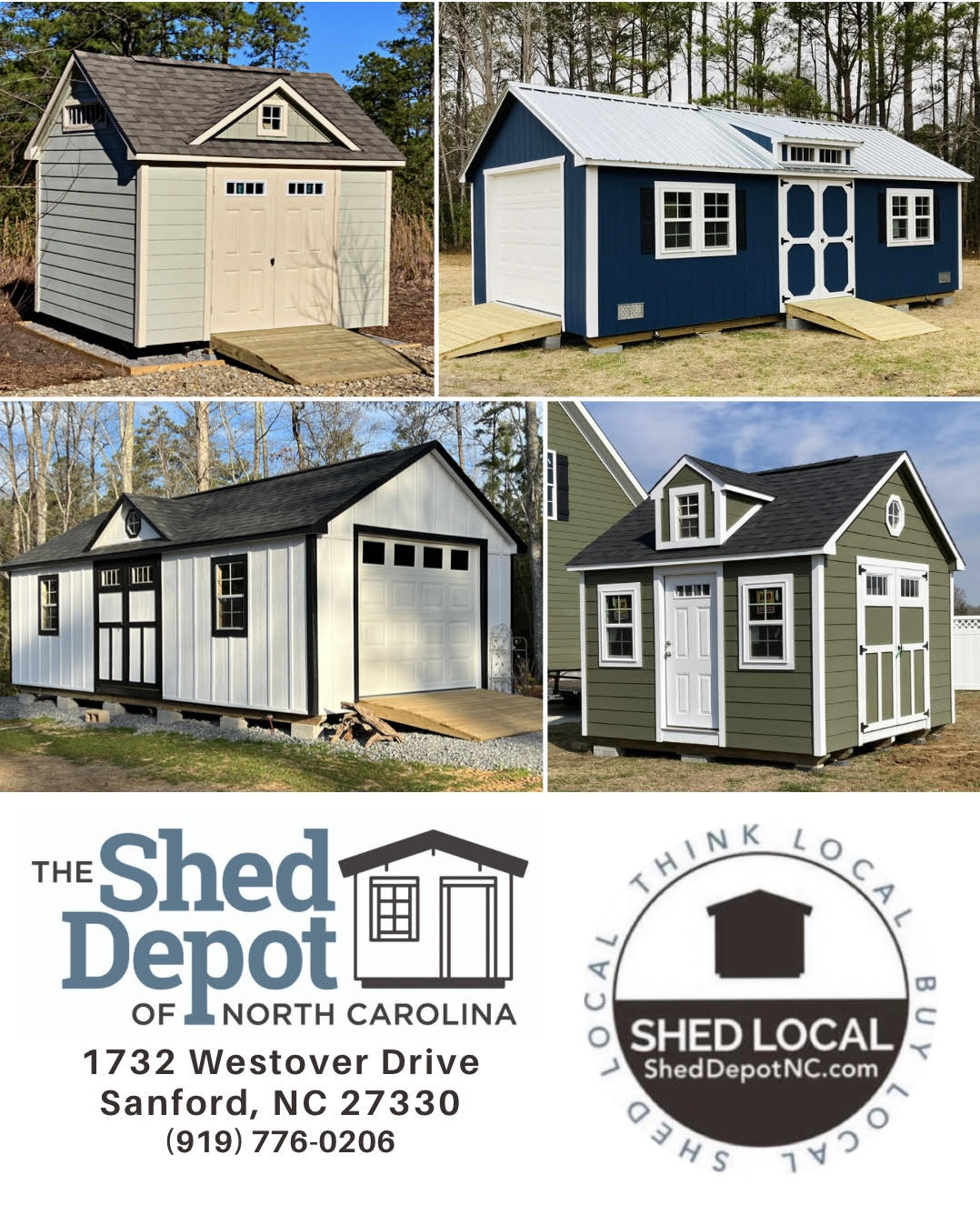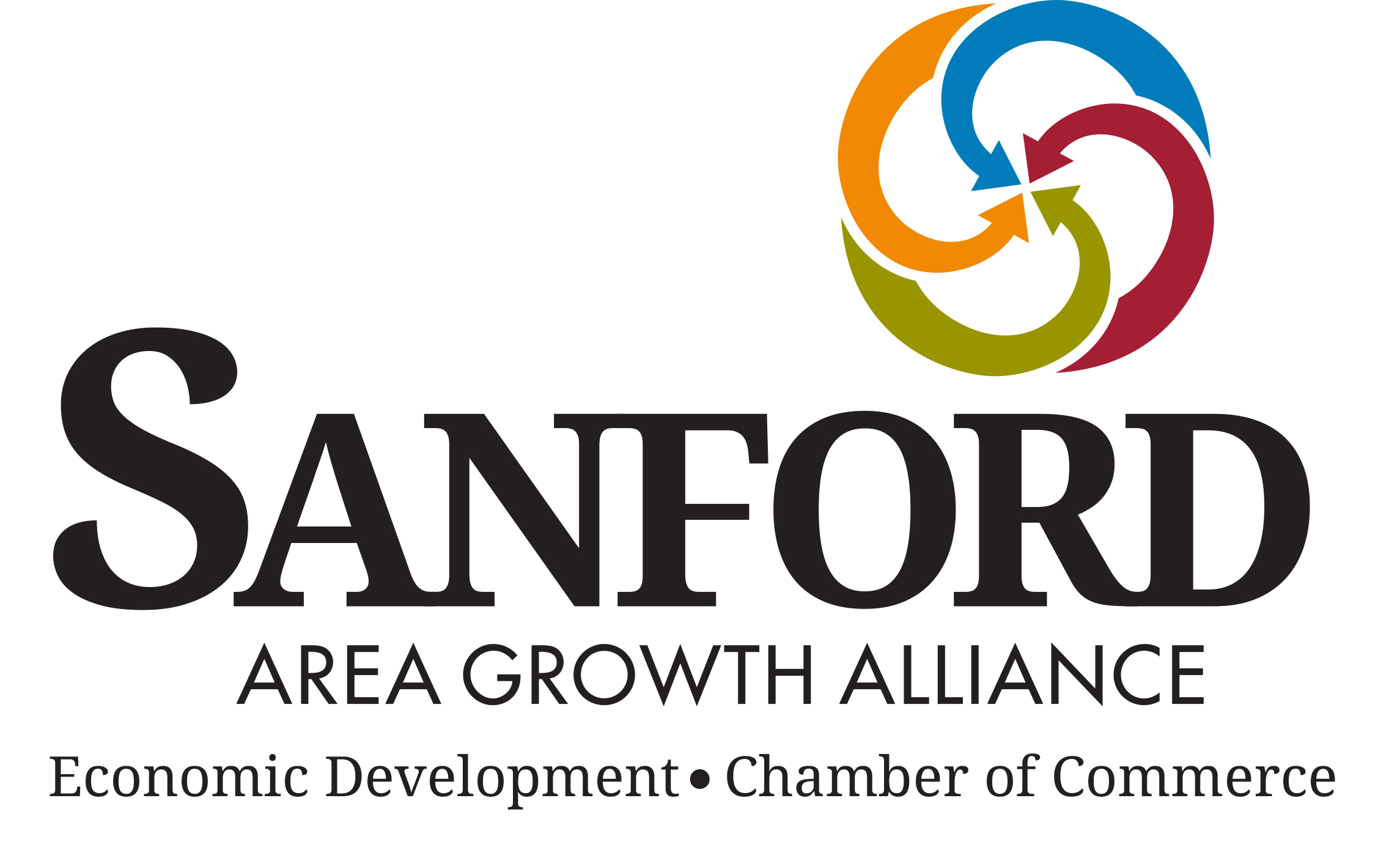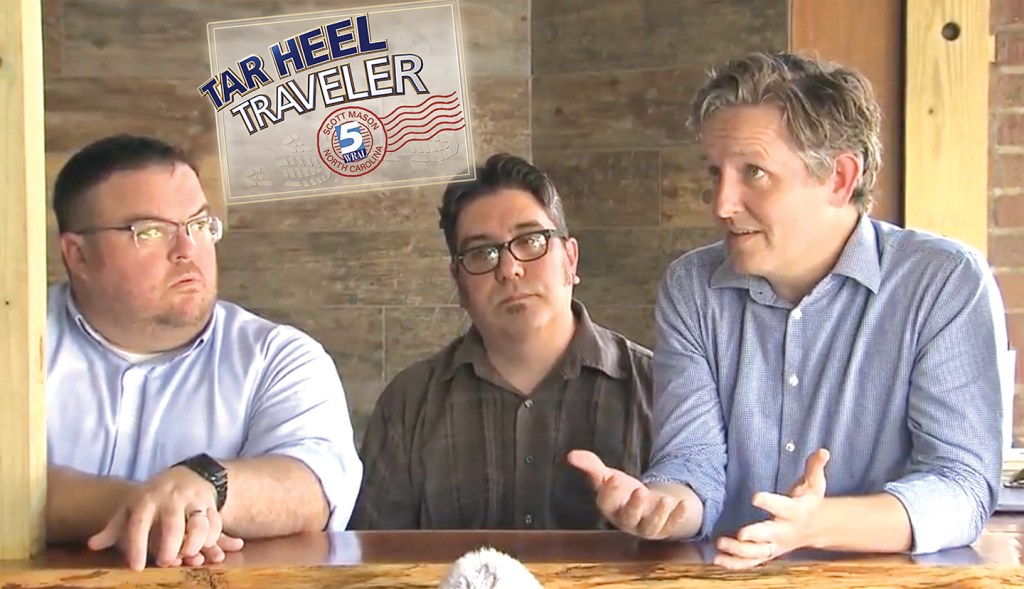For the second time in as many years, our legislators in the North Carolina General Assembly came home without passing a bill that would let the city of Sanford levy a 3 percent tax on hotel and motel stays.
But this time, the bill isn’t dead. As a largely context-free blip on the Fayetteville Observer’s website today, noted, “hotel taxes will likely rise” in Sanford, thanks to Senate Bill 552.
Hooray! The city of Sanford has wanted visitors to pay a three percent surcharge on hotel rooms for years. This money will be used to fund a visitors center which would, in turn, promote the stuff we have here that people who live elsewhere might want to see, stuff like the Temple Theatre, our growing collection of murals, the Deep River Sporting Clays Side-By-Side Championship, the Arts & Vine Festival, maybe even one day some kind of Sasquatch display (hope hope), and more.
That being said, while many political observers in Sanford and Lee County expected the occupancy tax to have become law by now, the bill did not pass a third reading in the senate Thursday night – which is required for it to become law. Multiple sources have told the Rant that a vote on a third reading is scheduled for September, after the legislature reconvenes, and that’s reason for optimism.

But the issue’s rocky history (there have been fights about the inclusion of language relating to our civic center both this year and last) and the fact that it looked dead as late as Thursday afternoon, when the senate voted 43-0 against it (it wasn’t until after the assignment of a conference committee that the senate passed the bill’s first two readings late Thursday night) means you should believe we have the occupancy tax when you see it enacted.
It’s hard to overstate what a good, bipartisan thing the occupancy tax is. It’s not a tax you as a resident of Sanford will pay (unless you stay in a hotel elsewhere, because if you do that, you’re almost definitely paying someone else’s occupancy tax), and it will do great things for the area you live in, economically, socially, and culturally. So, hey, fingers crossed. Let’s do it in September.



